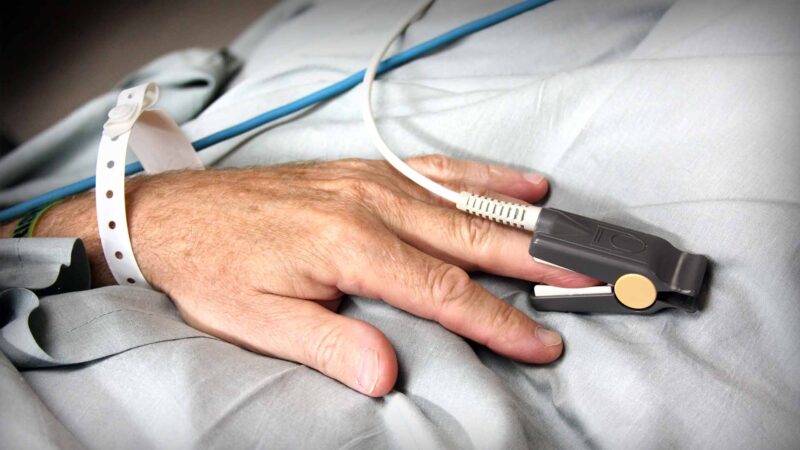JOURNEY AS AN ORTHOPAEDIC SURGEON, RESEARCHER, SURGICAL SITE INFECTION CONTROL & BONE LOSS EXPERT Associate Professor Kevin Tetsworth, Orthopaedic Surgeon
As an orthopaedic surgeon, Associate Professor Kevin Tetsworth, is widely recognised for his expertise in managing orthopaedic infections, chronic osteomyelitis, limb salvage, and reconstruction. He holds clinical appointments at the Royal Brisbane and Women’s Hospital, the Wesley Hospital in Brisbane, Macquarie University in Sydney at the Limb Reconstruction Centre.
His credentials encompass a fellowship in the American Academy, a fellowship in the Royal College in Australia, and membership in the Australian Orthopaedic Association and the International Orthopaedic Trauma Association. Associate Professor Tetsworth’s clinical focus revolves around the comprehensive management of orthopaedic infections, segmental bone defects, high-energy trauma, limb salvage and reconstruction, deformity correction, limb lengthening, and prosthetic joint infections.
In tandem with his clinical practice, Associate Professor Tetsworth is deeply engaged in orthopaedic research, with a keen interest in infection management, infection control, limb salvage, bone defect reconstruction, biomarker development for infection, bone growth hormone delivery, and the use of 3D printed models for reconstructing segmental bone defects.
His professional journey has been profoundly shaped by training under esteemed mentors like Professor Dror Paley and Dr George Cierny in the United States. This formative training has equipped him with a high level of expertise in addressing complex orthopaedic conditions, particularly those related to bone loss and infection. Having practiced in the United States, notably at the University of Maryland and the shock trauma hospital in Baltimore, Associate Professor Tetsworth relocated to Australia in 2000 and has since played a pivotal role in advancing orthopaedic surgery at the Royal Brisbane Hospital.
Associate Professor Tetsworth’s unwavering commitment to advancing orthopaedic knowledge and his exceptional proficiency in managing challenging orthopaedic conditions have earned him widespread recognition within the field.
In this Australian Health Journal interview, Assoc Professor Tetsworth talks about his clinical and research career journey and gives advice for those in medicine considering a career in orthopaedic surgery,
Assoc Prof Tetsworth concludes with a discussion on ways infection control is handled in preoperative, intraoperative and post operatively for orthopaedic surgeries.
He discusses the techniques started in the 19th century with understanding of hand hygiene, surgical instruments being sterilised and discovery of antibiotics in the 20th century, to present day practises of patient modifiable factors such as prescreening patients, lifestyle adjustments such as BMI or weight management, checking HbA1c levels for those who are diabetic and use of triclosan coated sutures in wound dressing in the early post operative period.
You Might also like
-
New Generative AI and machine learning frontier on unused patient care data
Drawing from GE’s 125-year legacy in healthcare, Amit Yadav, CEO GE HealthCare ANZ is leading efforts to integrate AI into medical imaging devices and optimise workflow efficiencies. He stresses the importance of leveraging the vast amount of untapped healthcare data, with an emphasis on automating manual processes to enhance productivity. Additionally, his focus extends to utilising AI for workflow optimisation and ensuring compliance with local regulations and standards to prioritise safety.
-
Inaugural vaccine value chain conference talks about Team Australia
For the first time, key decision-makers and thought leaders from government, industry, academia, NGOs, and representatives from the immunisation community converged in a 2 day conference in Sydney hosted by Biointelect, highlighting the transformative potential of collaborative innovation.
-
Stroke care advances in translated research
New nurse-led protocols for stroke patients, based on ACU research, led by the Nursing Research Institute, have resulted in changes to policy, guidelines and clinical practice in Europe and Australia. The protocols were developed through the Quality in Acute Stroke Care (QASC) Trial (published in the Lancet, 2011) to manage fever, hyperglycaemia and swallowing (FeSS) post-stroke.



